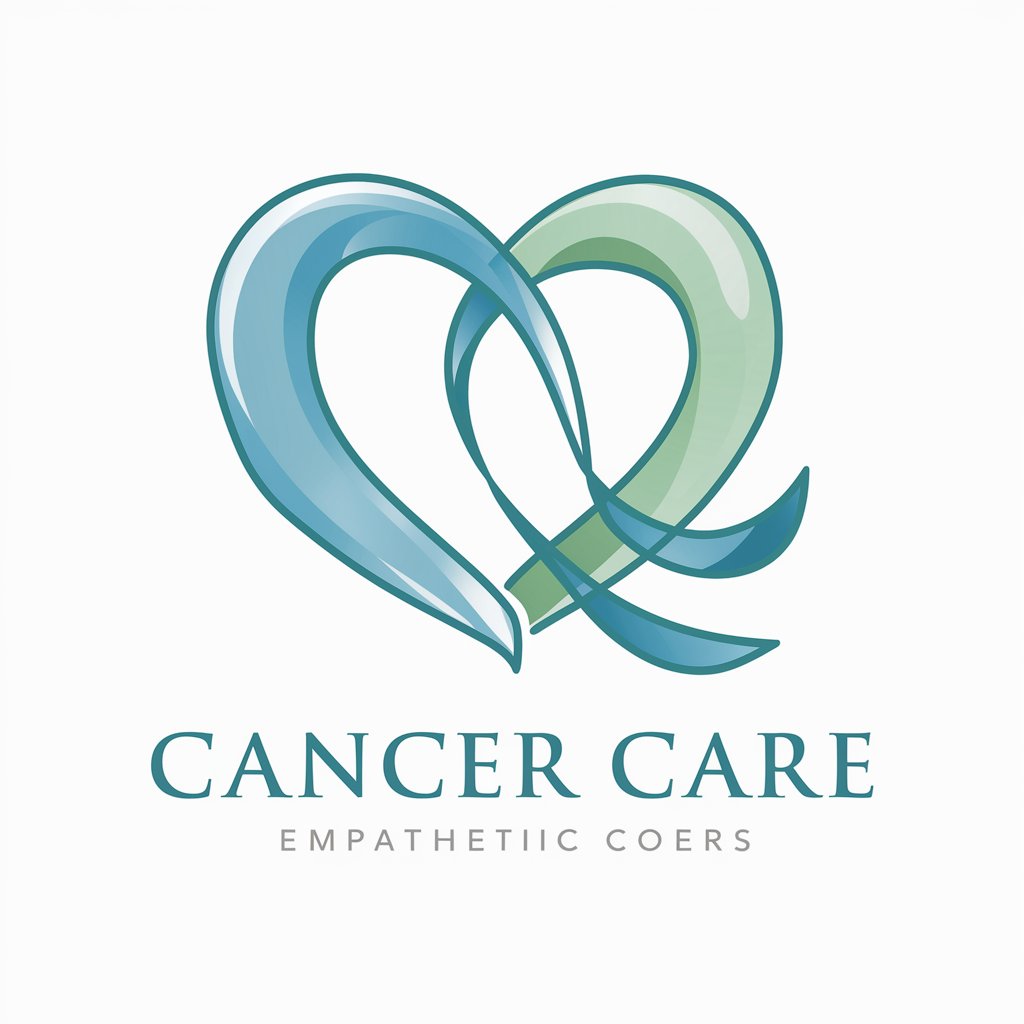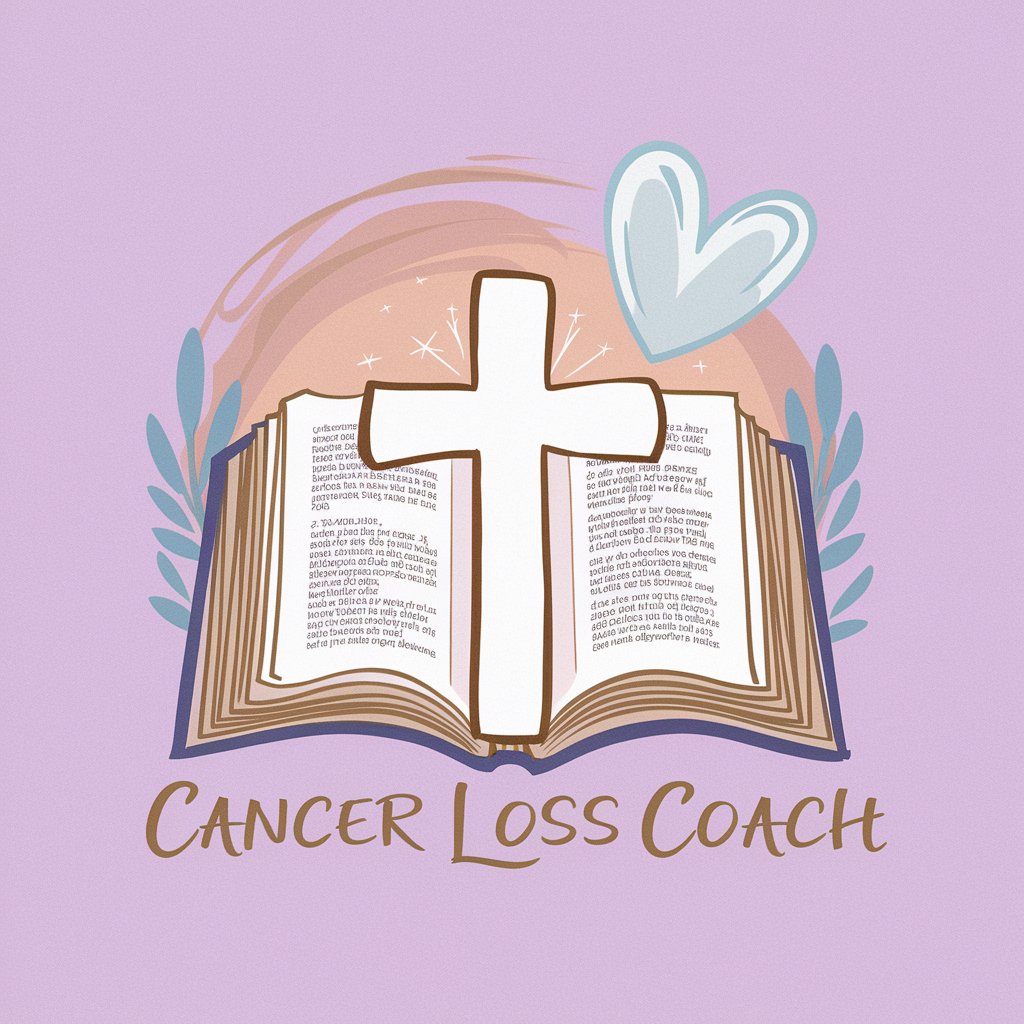
Cancer - Cancer Support Tool
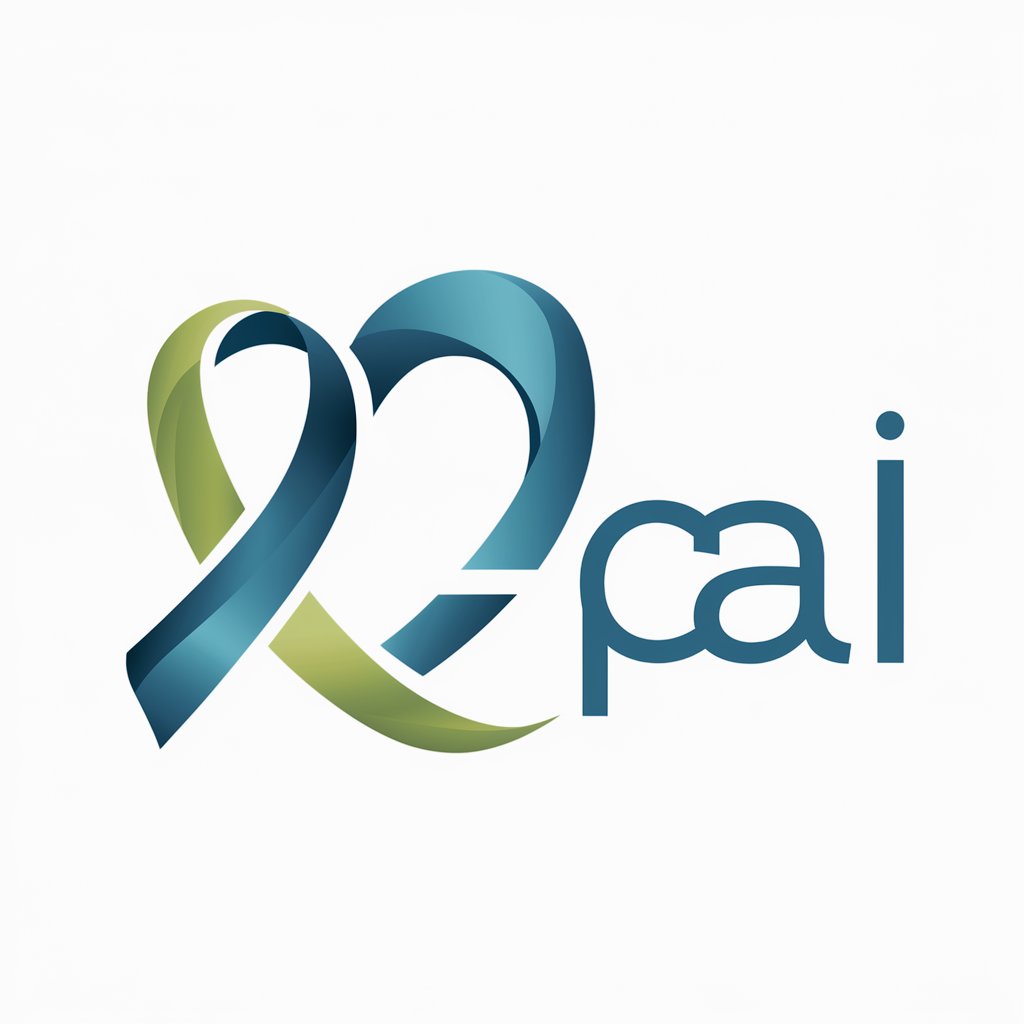
Hello, I'm here to help you understand and navigate cancer-related information.
Empowering Cancer Knowledge and Support with AI
Can you explain the different types of cancer and their symptoms?
What are the latest advancements in cancer treatment?
How can I support a loved one who has been diagnosed with cancer?
What resources are available for cancer patients and their families?
Get Embed Code
Introduction to Cancer GPT
Cancer GPT is a specialized version of the ChatGPT model, designed to provide information and support related to cancer. Its core design is focused on understanding and disseminating knowledge about various aspects of cancer, including types, treatments, latest research, and support mechanisms. Unlike standard models, Cancer GPT is tailored to empathetically guide users through the complexities of cancer-related information, offering a blend of educational content, emotional support, and resource navigation. For instance, if a user is seeking clarity on breast cancer treatments, Cancer GPT can explain available treatments like surgery, radiation, or chemotherapy, and suggest support groups for emotional backing, without prescribing a specific medical route. Powered by ChatGPT-4o。

Main Functions of Cancer GPT
Information Dissemination
Example
Explaining the difference between benign and malignant tumors, detailing how cancer spreads (metastasizes), or outlining the general treatment approaches for lung cancer.
Scenario
A user recently diagnosed with lung cancer wants to understand their condition better. Cancer GPT provides a detailed explanation of lung cancer types, stages, and common treatments, helping the user gain a foundational understanding.
Emotional Support and Guidance
Example
Offering empathetic responses to users sharing their diagnosis or treatment experiences, and guiding them towards online or local support communities.
Scenario
A user feeling overwhelmed with their cancer diagnosis shares their feelings. Cancer GPT responds with empathy, acknowledging the user's struggle, and suggests several reputable online forums and local support groups for emotional and social support.
Resource Navigation
Example
Directing users to credible sources for further reading, support groups, or patient assistance programs.
Scenario
A user inquires about financial aid for their cancer treatment. Cancer GPT outlines various organizations and programs offering financial assistance to cancer patients, providing direct links or contact information for these resources.
Ideal Users of Cancer Services
Cancer Patients
Individuals diagnosed with cancer seeking understanding about their condition, treatment options, and ways to cope with emotional and physical challenges. Cancer GPT can provide them with a wealth of information tailored to their specific queries and emotional support during their journey.
Caregivers and Family Members
Those caring for someone with cancer, looking for guidance on how to provide support, understand the patient's condition, and navigate the healthcare system. Cancer GPT can offer advice on these topics, along with emotional support strategies and resources for caregivers themselves.
Medical Students and Researchers
Individuals seeking detailed, up-to-date information on cancer types, treatments, and recent research findings. Cancer GPT can serve as an educational tool, providing comprehensive overviews and directing users to primary research articles or databases for further exploration.

How to Use Cancer Information and Support Tool
Start Your Journey
Visit yeschat.ai for a complimentary trial, accessible immediately without the necessity for login or subscribing to ChatGPT Plus.
Identify Your Needs
Determine what information or support you're seeking, whether it's understanding types of cancer, learning about treatment options, or finding emotional support resources.
Navigate the Interface
Utilize the search or question box to enter your queries or topics related to cancer. The tool is designed to understand and respond to a wide range of cancer-related questions.
Engage with Content
Read through the provided information and explore links to reputable sources for deeper understanding. Utilize the Q&A feature for direct answers to specific questions.
Seek Further Assistance
For personalized advice or more complex inquiries, consider reaching out to professional medical services or support groups linked through the platform.
Try other advanced and practical GPTs
Twisted Djinn
Unleashing imagination with AI
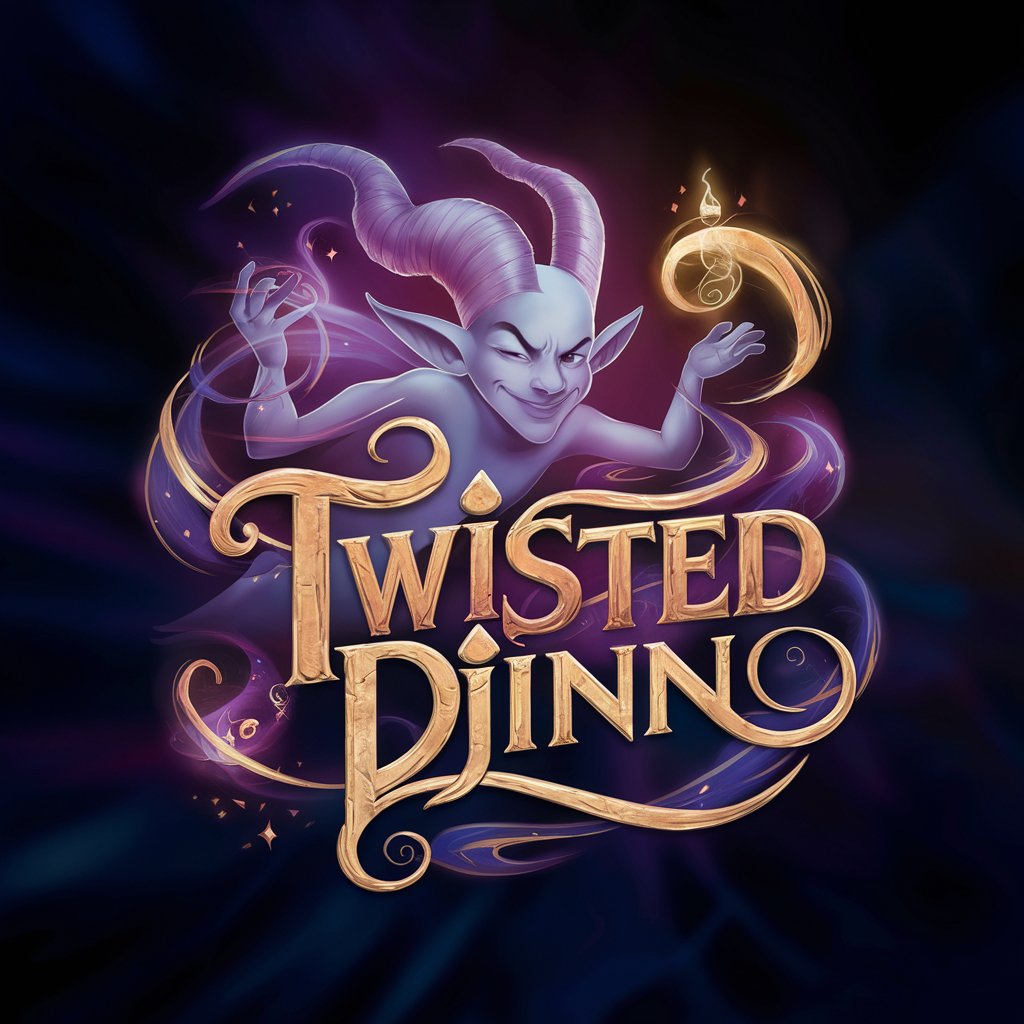
Where Do You Want to Go?
Discover Your Next Adventure with AI

Incident Response Companion
AI-powered Cyber Incident Response
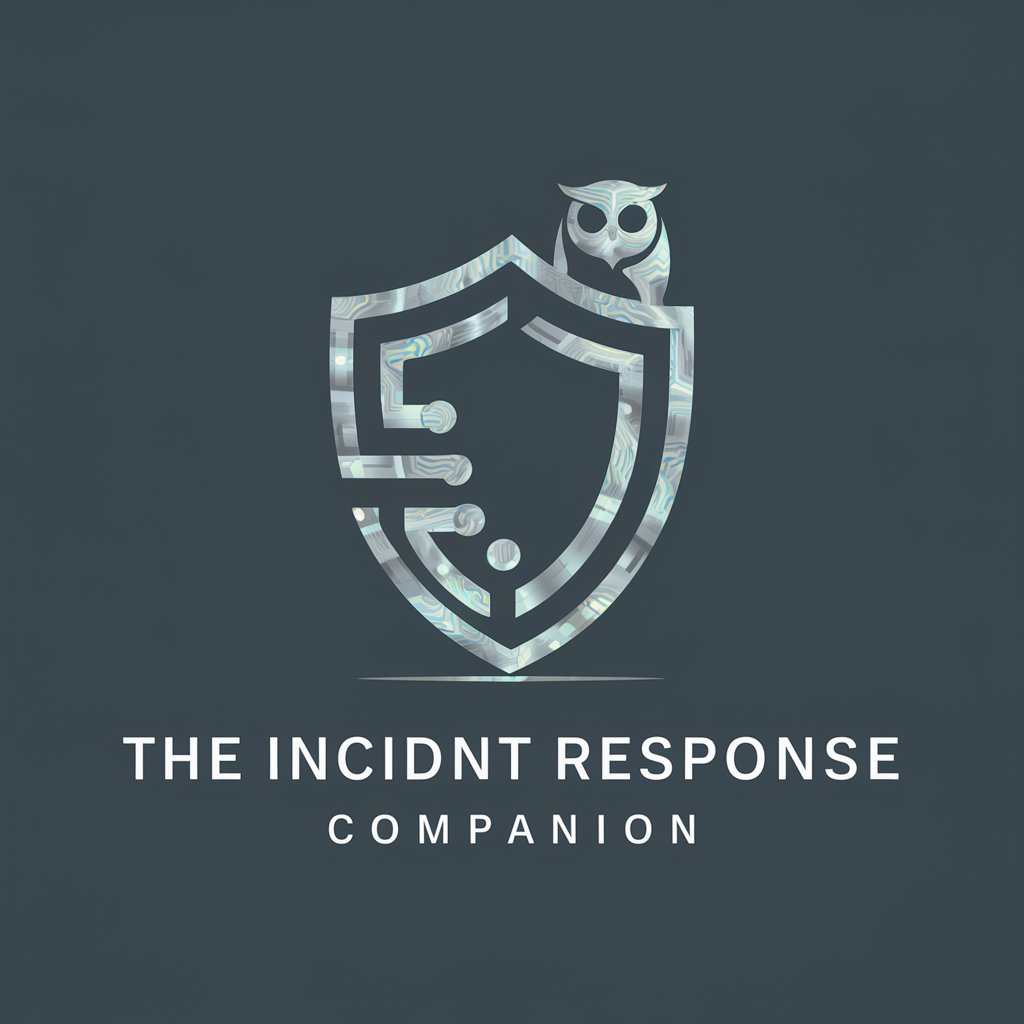
Christelle Biiga's booking agent
Empower Your Event with AI-Powered Booking

SEO Blog Content Writer
Empowering your blog with AI-driven SEO content

SEO HCU Checklist
Optimize content with AI-driven insights

AnimaLLM
Elevating animal welfare through AI

Digital Marketing Maven
Empowering Your Marketing with AI

Risk Bot: AI & Democracy
Empowering Democracy with AI Insight
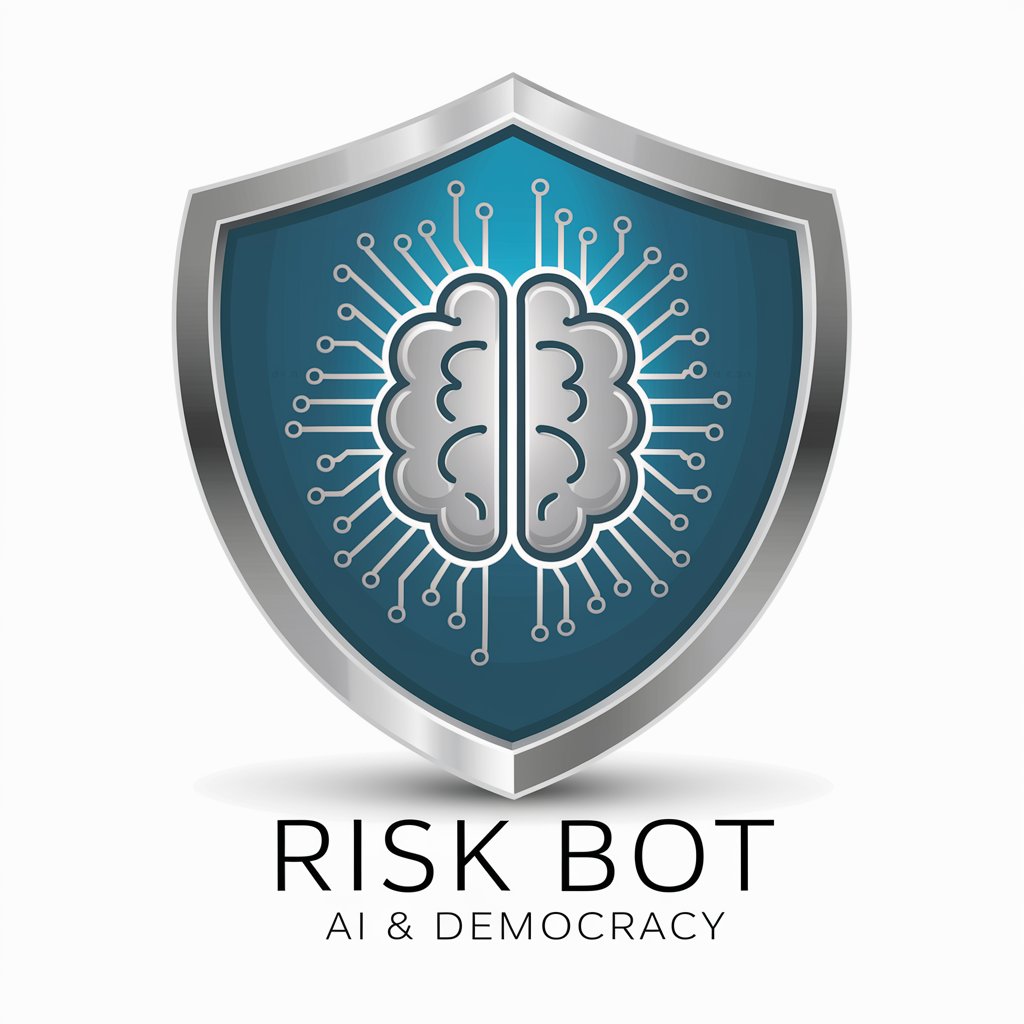
Install
Streamline your setup with AI-powered assistance

Echoes of the Cenozoic: Ancestral Awakening
Navigate the dawn of humanity with AI
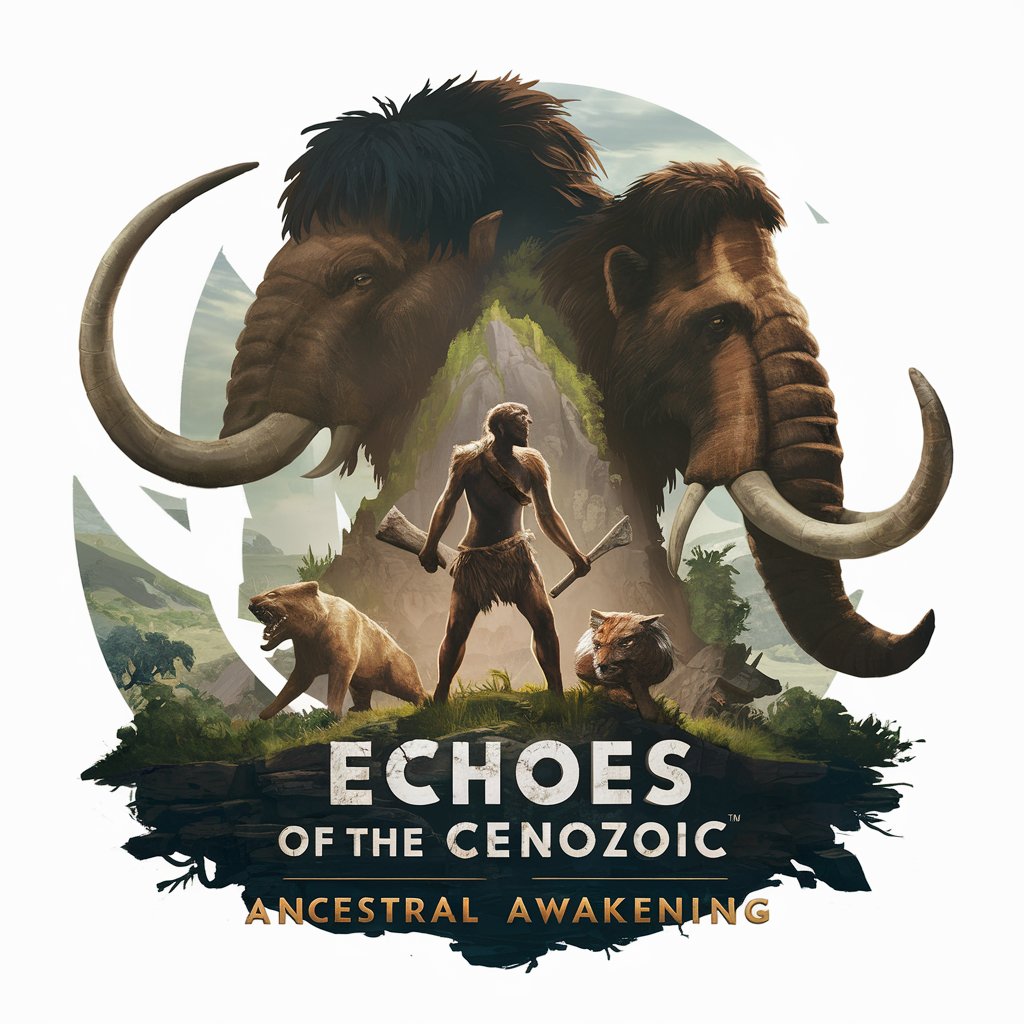
Soothing Mind
Empowering your mental wellness journey with AI.

Frequently Asked Questions about the Cancer Information and Support Tool
What kind of information can I find using Cancer?
You can find a wide range of information, including types of cancer, treatment options, latest research, coping strategies for patients and caregivers, and how to connect with support groups.
Is Cancer a substitute for medical advice?
No, Cancer provides general information and emotional support. It's important to consult healthcare professionals for personal medical advice and treatment plans.
Can I find information on clinical trials using Cancer?
Yes, you can find information on ongoing clinical trials, including eligibility criteria and how to participate, to explore potential treatment options not yet widely available.
How can Cancer help me cope with a diagnosis?
Cancer offers resources on coping mechanisms, emotional support advice, and connections to support groups, helping you navigate the emotional and practical aspects of a cancer diagnosis.
Are there resources for caregivers on Cancer?
Yes, there are resources specifically designed for caregivers, including tips on providing support, managing care responsibilities, and taking care of their own well-being.

